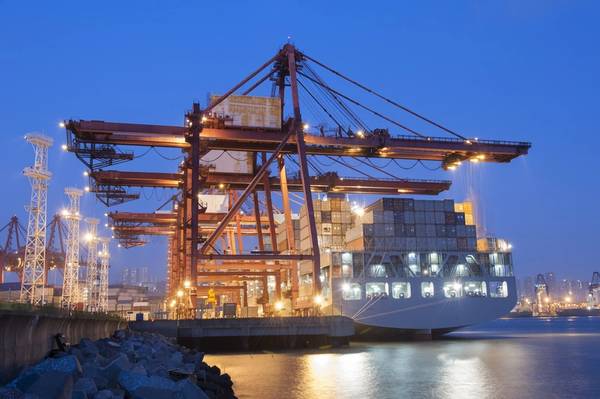U.S.-China economic talks appeared off to a contentious start on Wednesday as senior Trump administration officials demanded a "more fair" China trade relationship while both sides canceled news conferences previously planned to discuss outcomes.
U.S. Commerce Secretary Wilbur Ross in opening remarks to the annual summer dialogue between Washington and Beijing criticized China's $347 billion trade surplus with the United States. He said it was not the product of market forces, so the relationship needed to become "more fair, equitable and reciprocal."
"We must create more balance in our trade by increasing exports of made-in-America goods to China," Ross said at the Treasury Department. "There are significant opportunities to do this if we can work together to remove the significant barriers that continue to exist."
Neither the Treasury nor the Chinese embassy offered explanations for why their news conferences scheduled for late afternoon were canceled.
The start of the Trump administration's "U.S.-China Comprehensive Economic Dialogue" talks comes at the end of a 100-day effort to craft an economic plan aimed at reducing the U.S. goods trade deficit with China.
So far, China has agreed to resume purchasing U.S. beef after a 14-year hiatus and committed to buy U.S. liquefied natural gas and open some parts of its financial services markets, such as card payment services.
China trade experts had seen Wednesday's discussions as possibly producing some small-scale announcements or transactions but not solving larger problems, such as U.S. complaints about China's excess capacity in steel and aluminum and subsidies for state-owned enterprises, nor China's complaints about U.S. refusals to sell Beijing advanced technology products.
U.S. Treasury Secretary Steven Mnuchin repeated calls by his predecessors for Beijing to rebalance its economy toward household consumption and away from exports and investment, a move he said would foster healthier, more sustainable growth.
"Foreign participation in the Chinese financial sector will help improve the allocation of resources to the most productive sectors of the Chinese economy and contribute to a stronger global financial system," Mnuchin said.
Jared Kushner, President Donald Trump's son-in-law and a senior White House adviser, also participated in the talks but White House trade and manufacturing adviser Peter Navarro, a severe critic of China's trade practices, was not seen in the negotiating room for opening statements.
Chinese Vice Premier Wang Yang said the two sides should maintain a healthy dialogue and warned against starting down the path of confrontation over trade.
"Dialogue cannot immediately address all differences, but confrontation will immediately damage the interests of both," Wang said.
While the talks this year no longer have an explicit strategic and security component, they were expected to cover U.S. demands that China put more pressure on North Korea to curb its nuclear and missile development efforts, an issue that Trump has linked to U.S-China trade.
The Trump administration could impose new sanctions on small Chinese banks and other firms doing business with Pyongyang within weeks, administration sources said last week.
(By David Lawder and Lesley Wroughton; Editing by Jeffrey Benkoe and James Dalgleish)



